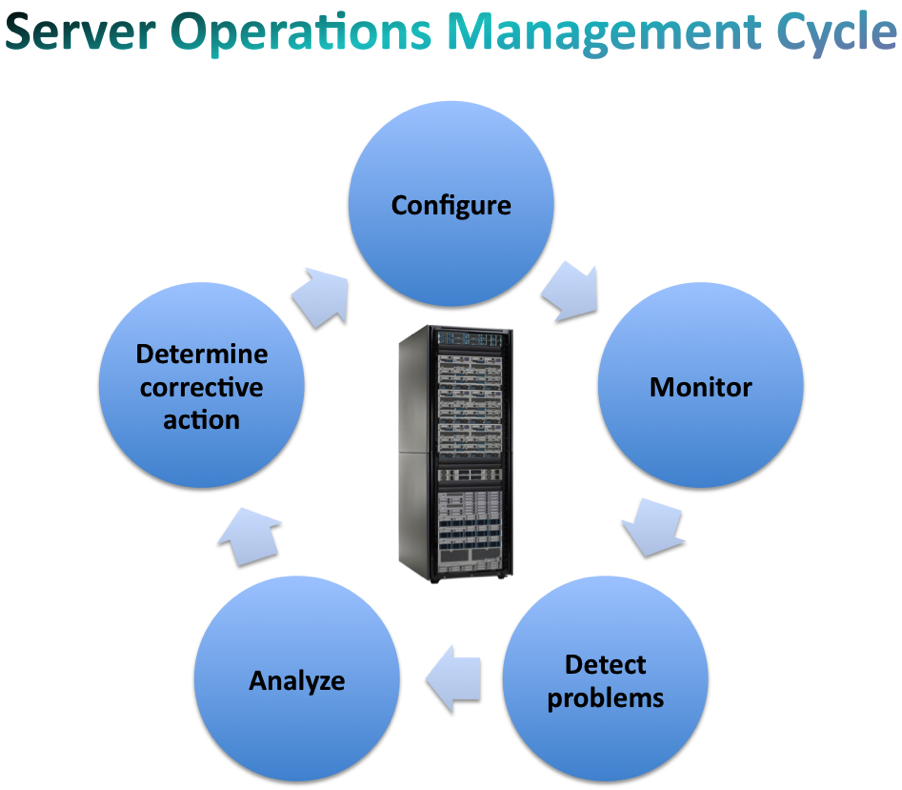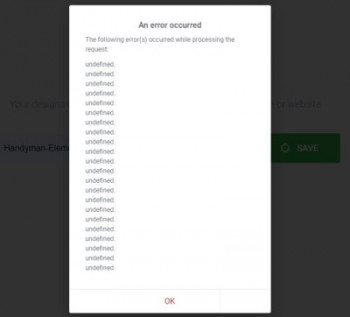Eclipse is the most popular and widely used integrated development environment (IDE) used for different programming languages such as Ada, COBOL, C/C++, PHP, Perl, Python, Ruby, R, Scala, Clojure, and Groovy, etc. Eclipse IDE is specially used for Java application development. Most developers preferred to use the Eclipse environment for application development. Eclipse IDE contains a base workspace and extensible supportive system plugins to customize or enhance the functionality.
Here at Ibmi Media, as part of our Server Management Services, we regularly help our Customers to perform related Software Installation and Configuration queries on Linux Systems.
In this context, we shall look into how to install Eclipse IDE on LinuxMint 20 system through the terminal.
Steps to Install Eclipse IDE on Linux Mint 20
Before installing Eclipse IDE on your system, ensure that you are using a user with sudo privileges.
Then follow the steps outlined below:
1. Install Java
Java is a prerequisite for eclipse IDE installation. It is not installed by default on LinuxMint 20. However, you can install OpenJDK or Oracle JDK on your system. We will use Java OpenJDK14 for Eclipse IDE installation. So, update the system's packages repository by running the following command:
$ sudo apt updateNow, install Java OpenJDK11 by executing the following command:
$ sudo apt install -y openjdk-11-jdk2. Verify Java installation
Once the installation of OpenJDK11 is completed, use the below-given command to verify the installation of Java on your system:
$ java -version3. Download Eclipse IDE
Now, download the latest available Eclipse IDE 2021-06 R Packages from the official website of Eclipse https://www.eclipse.org/downloads/packages/ using the web browser. You can also download the eclipse packages through the wget command using the terminal as follows:
$ sudo apt install -y wget
$ wget http://mirror.umd.edu/eclipse/technology/epp/downloads/release/2021-06/R/eclipse-java-2021-06-R-linux-gtk-x86_64.tar.gzAfter executing the above-mentioned command, the compressed file in tar format will be saved in your system. Extract this file to your favorite directory by running the below-given command:
$ sudo tar -zxvf eclipse-java-2021-06-R-linux-gtk-x86_64.tar.gz -C /usr/4. Create Symlink
If you want that other user able to use the Eclipse IDE through command-line on your system then, create the symlink of the executable Eclipse to /usr/bin path. Use the below-mentioned command to create a symlink of Eclipse IDE for executable file:
$ sudo ln -s /usr/eclipse/eclipse /usr/bin/eclipse5. Create Launcher icon for Eclipse
It is convenient to set the launcher icon in Gnome to start and use Eclipse IDE instead of using the command-line tool:
$ sudo nano /usr/share/applications/eclipse.desktopNow, paste the below-mentioned lines in the above file as follows:
[Desktop Entry]
Encoding=UTF-8
Name=Eclipse IDE
Comment=Eclipse IDE
Exec=/usr/bin/eclipse
Icon=/usr/eclipse/icon.xpm
Terminal=false
Type=Application
StartupNotify=false6. Launch Eclipse IDE
To launch Eclipse IDE through command-line use the below-given command:
$ eclipseAlternatively, launch eclipse through the desktop. Click on the application menu from the left bottom of the window in LinuxMint distribution. Now, type 'eclipse IDE' in the search bar. The matched result will display in the application list. Now, choose the directory to store Eclipse IDE preferences and development artifacts.
Finally, the Eclipse IDE window will display on your desktop.
[Need help in Installing Eclipse IDE on your Linux system? We can help you. ]
Conclusion
This article covers steps to install Eclipse IDE on your LinuxMint 20 system. Eclipse is a well-known, widely used IDE (Integrated Development Environment) for developing Java applications and also developing applications in COBOL, Ada, C, C++, Perl, PHP, Python, R, Ruby, Clojure, Scala, Groovy, and Scheme.
To launch eclipse from the terminal use the command :
$ eclipse
This article covers steps to install Eclipse IDE on your LinuxMint 20 system. Eclipse is a well-known, widely used IDE (Integrated Development Environment) for developing Java applications and also developing applications in COBOL, Ada, C, C++, Perl, PHP, Python, R, Ruby, Clojure, Scala, Groovy, and Scheme.
To launch eclipse from the terminal use the command :
$ eclipse
















